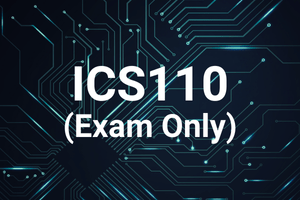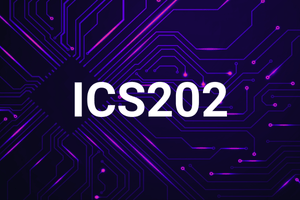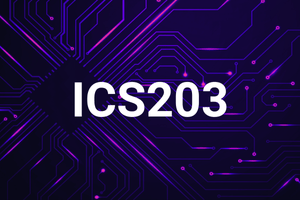Industrial Control Systems (ICS)
Showing all 7 results
-

ICS110 – ICS Managers Security Fundamentals
£799 Select options This product has multiple variants. The options may be chosen on the product page -

ICS110 (Exam Only) – ICS Managers Security Fundamentals
£100 Add to basket -

ICS150 – OT Security ISA/IEC62443 Overview Course
£799 Select options This product has multiple variants. The options may be chosen on the product page -

ICS202 – ICS Security Incident Response Fundamentals
£1,599 Select options This product has multiple variants. The options may be chosen on the product page -

ICS203 – ICS Practitioners Security
£1,899 Select options This product has multiple variants. The options may be chosen on the product page -

ICS203 (Exam Only) – ICS Practitioners Security
£100 Add to basket -

ICS405 – Securing ICS: Becoming an Industrial Cyber Security Professional
£4,249 Select options This product has multiple variants. The options may be chosen on the product page
